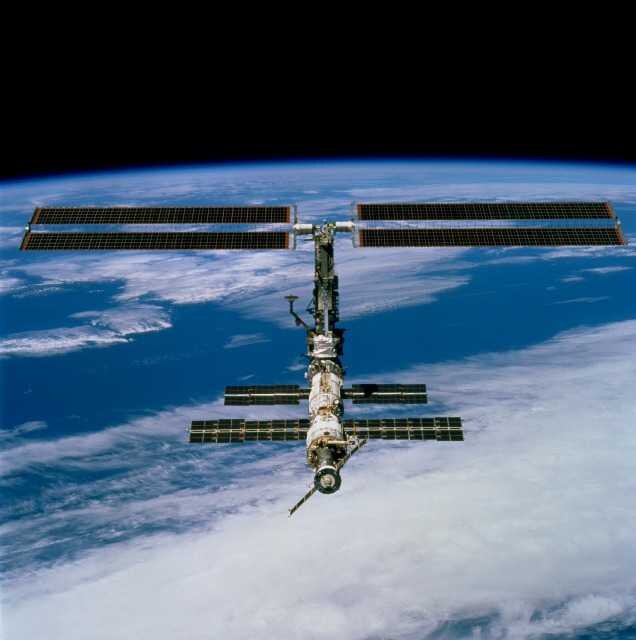IMPRESS Integrated Project - New industrial materials with the help of space research
The European Commission (EC) and the European Space Agency (ESA) are in the final stages of launching a €41 million Integrated Project that will investigate the materials processing, structure and properties of new higher-performance intermetallic alloys for industrial applications, such as turbine blades and catalytic powders.
The five year Intermetallic Materials Processing in Relation to Earth and Space Solidification Project (IMPRESS) will bring together the academic and industrial expertise of 42 research groups from 15 countries, across the enlarged European Union and Russia. The project, under the coordination of ESA, was selected under Priority 3 of the EU Sixth Framework Programme: Nanotechnologies and nanosciences, knowledge-based multifunctional materials, new production processes and devices (NMP).
The primary objective of IMPRESS is to understand the inherent link between the solidification processing of intermetallic alloys, the structure of the material at the micro- and nanoscale, and its final mechanical, chemical and physical properties. In terms of industrial application, the team has decided to focus on gas turbine blades for power generation and aero-engines, as well as catalytic devices such as Raney catalysts and hydrogen fuel-cell electrodes.
In view of the many scientific and technical facets of this project, a multidisciplinary team of researchers has been assembled - with expertise spanning the fields of physical metallurgy, chemistry, metrology, computer modelling, environmental engineering and industrial product development.

Experiments performed in the space environment, such as on board the International Space Station or other platforms available to ESA, will provide the team with unique benchmark samples. These experiments will yield critical information about microstructural evolution, hydrodynamic effects and defect formation during the solidification of these special alloys.
Other space experiments will deliver precise thermophysical property data unattainable on the ground. The combination of experiments, theory, space research and predictive computer modelling will greatly aid industry in its quest to develop the next-generation of products.
Industrial exploitation of the results will be one of the most important aspects of the project, as explained by Dr David Jarvis, the IMPRESS Integrated Project Coordinator in the Directorate of Human Spaceflight at ESA: "All the researchers involved in the IMPRESS Project are very keen to see the scientific results transferred into high quality prototypes. Once successfully developed, the impact of these new turbine blades and catalytic products will be tremendous - not only economically, but also environmentally. The whole team is extremely motivated and ready to take on the challenges that we have set ourselves."
The IMPRESS Consortium will begin its work in November 2004, with funding from the European Commission, the European Space Agency, the Swiss Government and the own partners' contributions.
For further information on the NMP programme, please visit: http://www.cordis.lu/nmp/home.html




